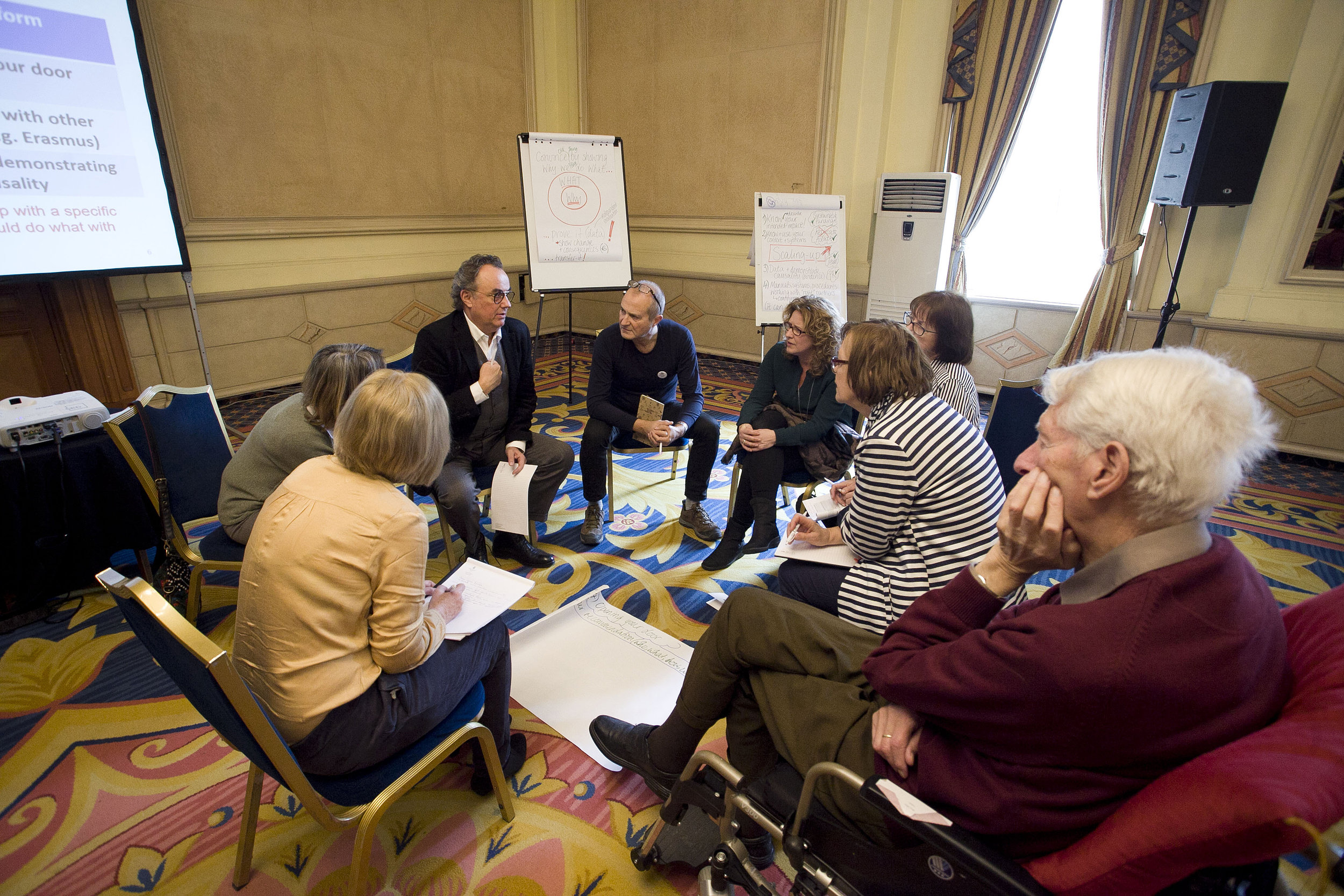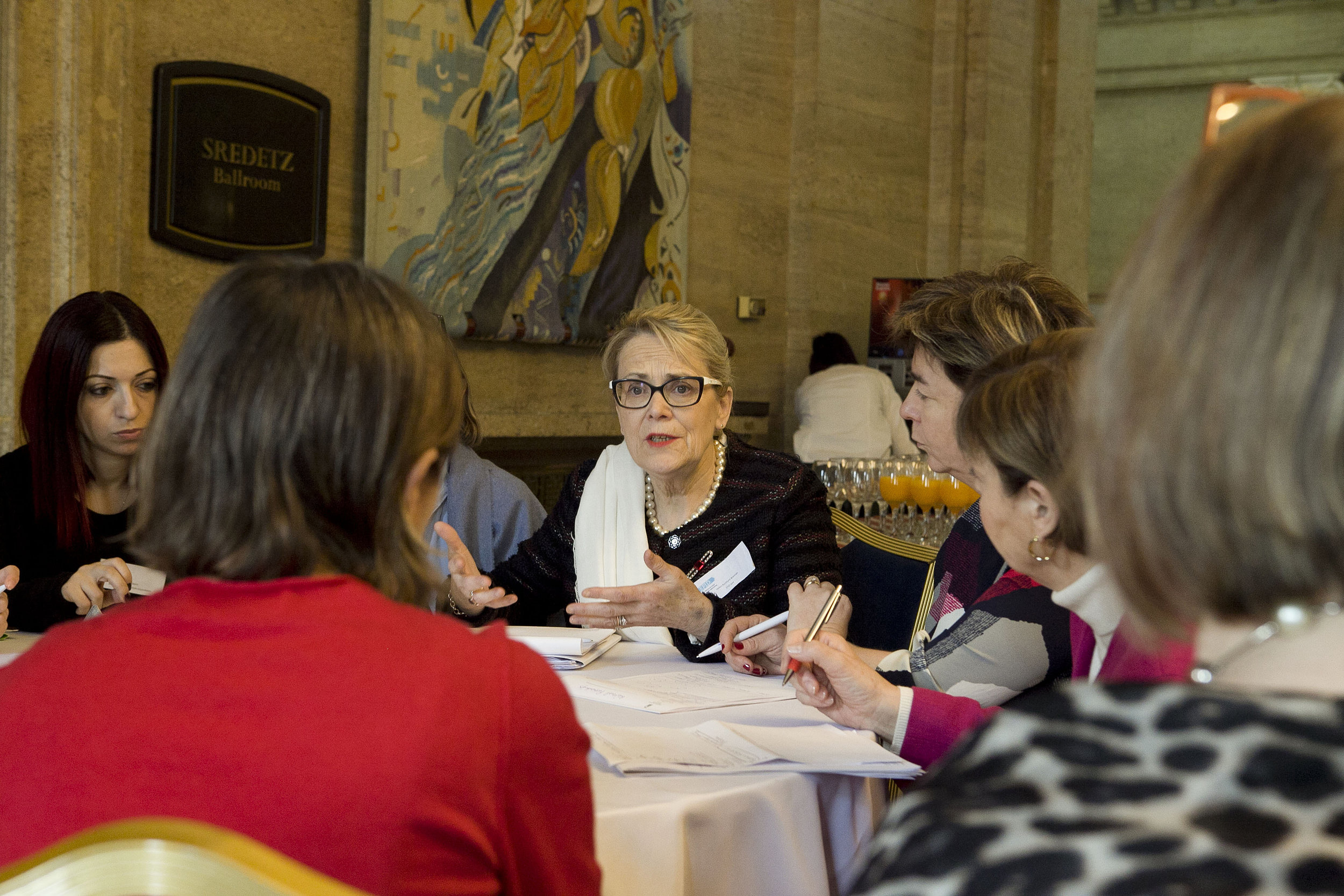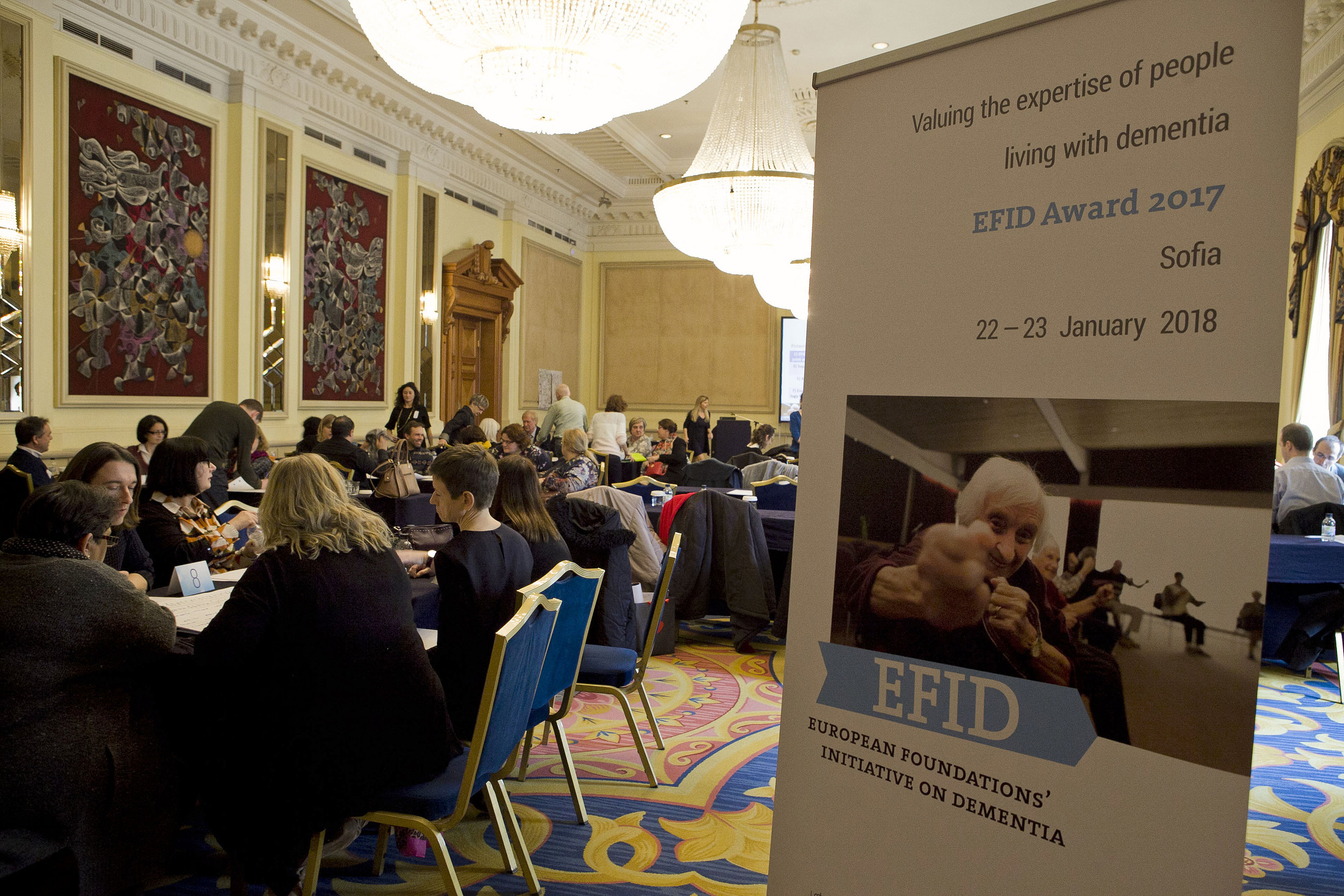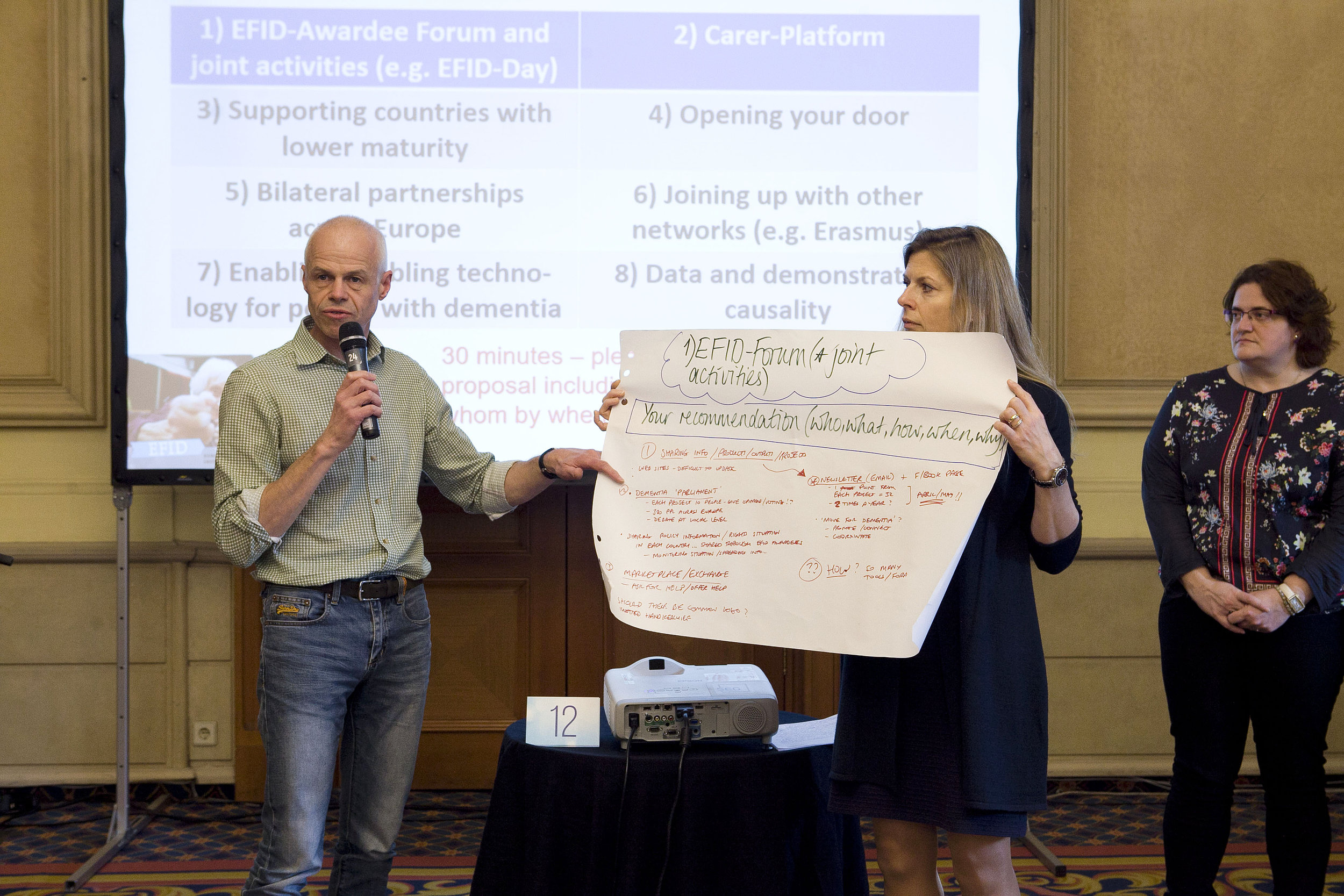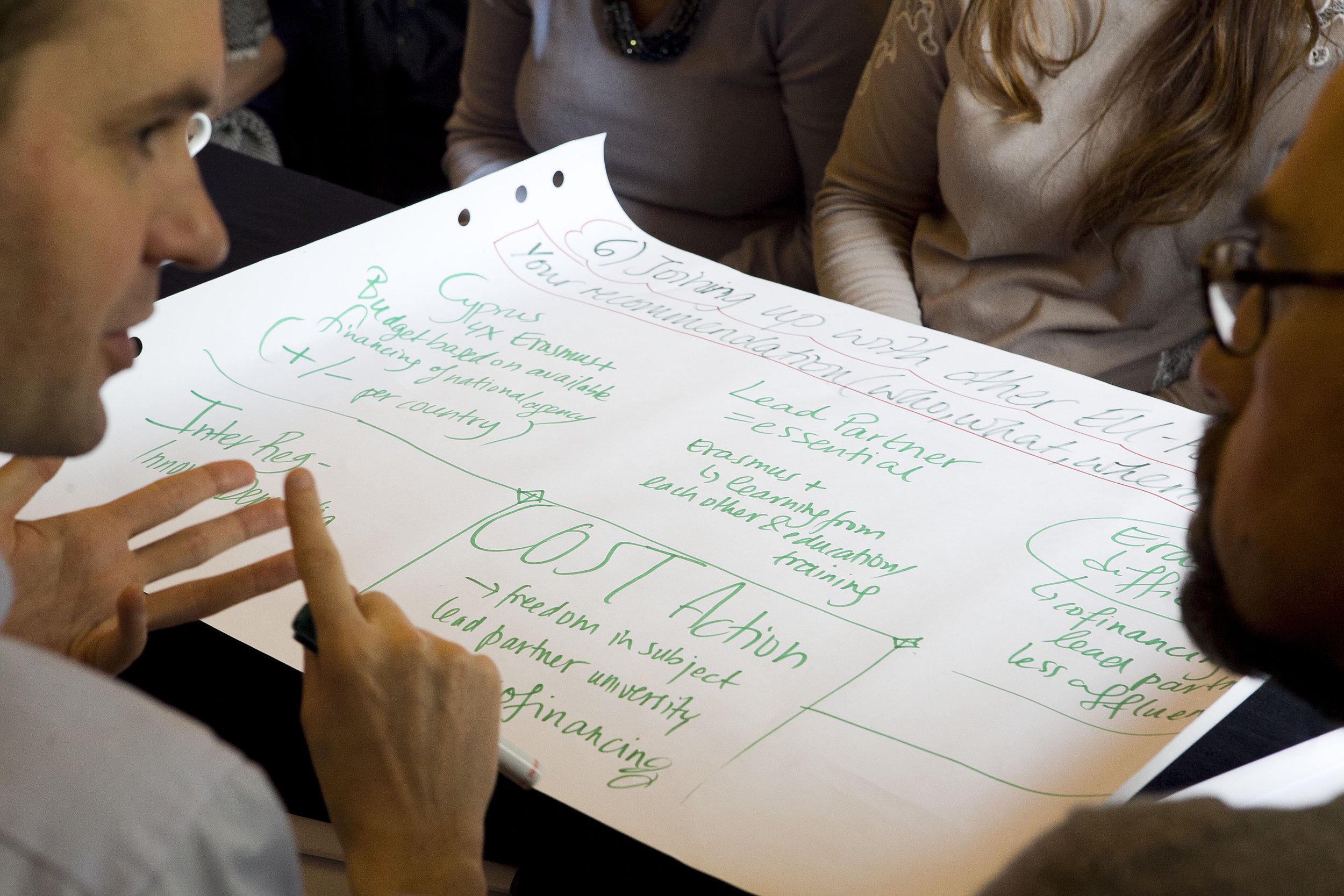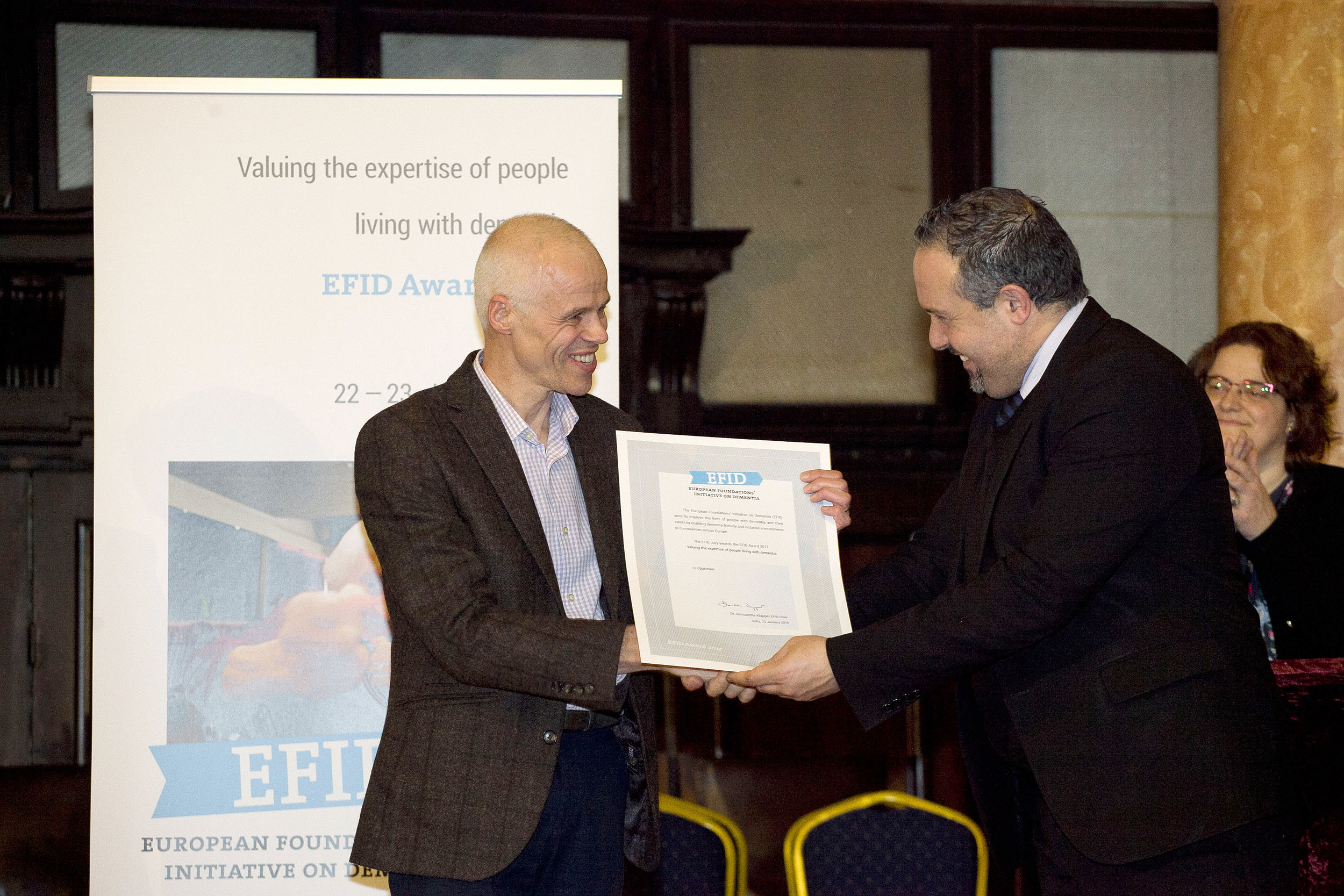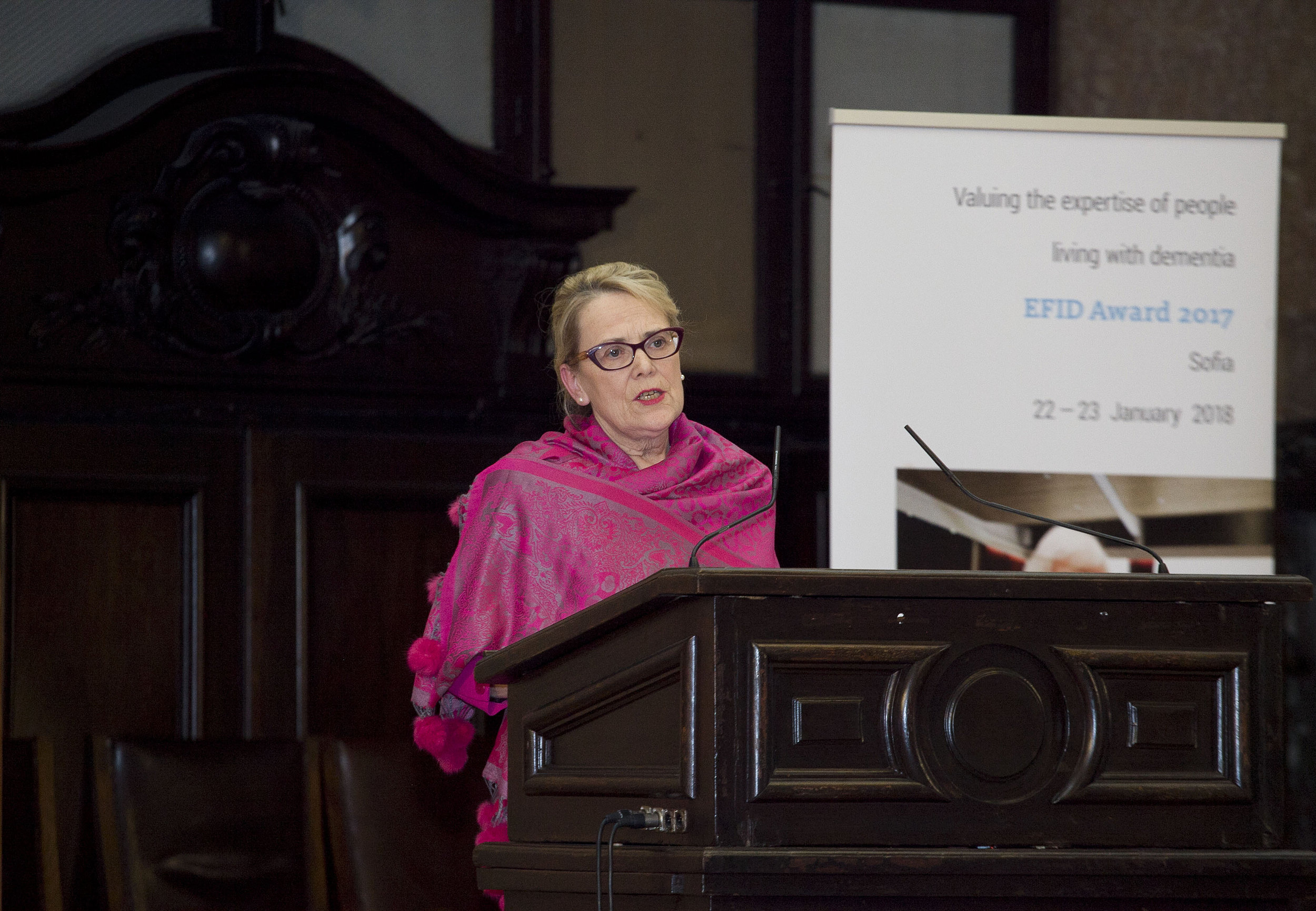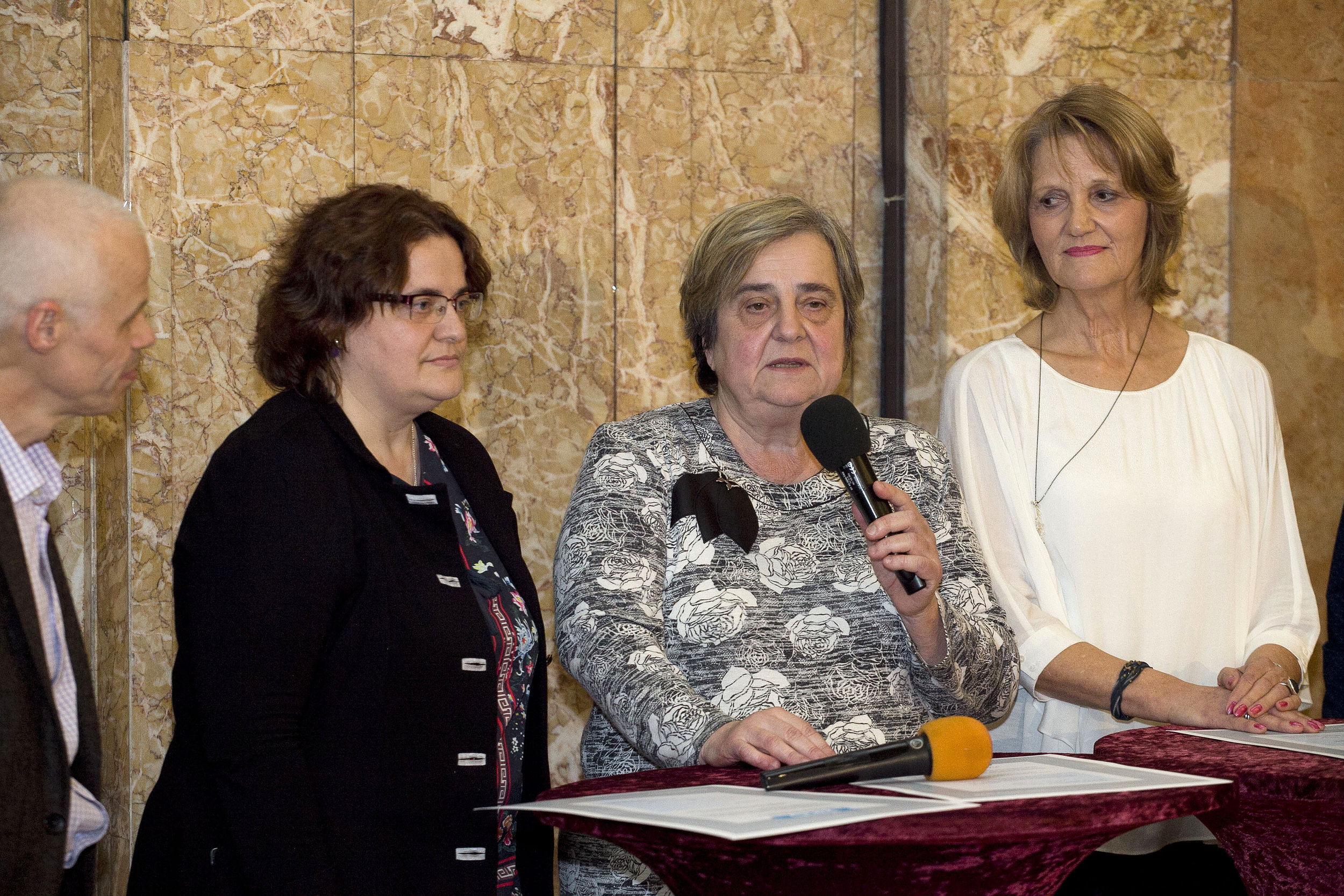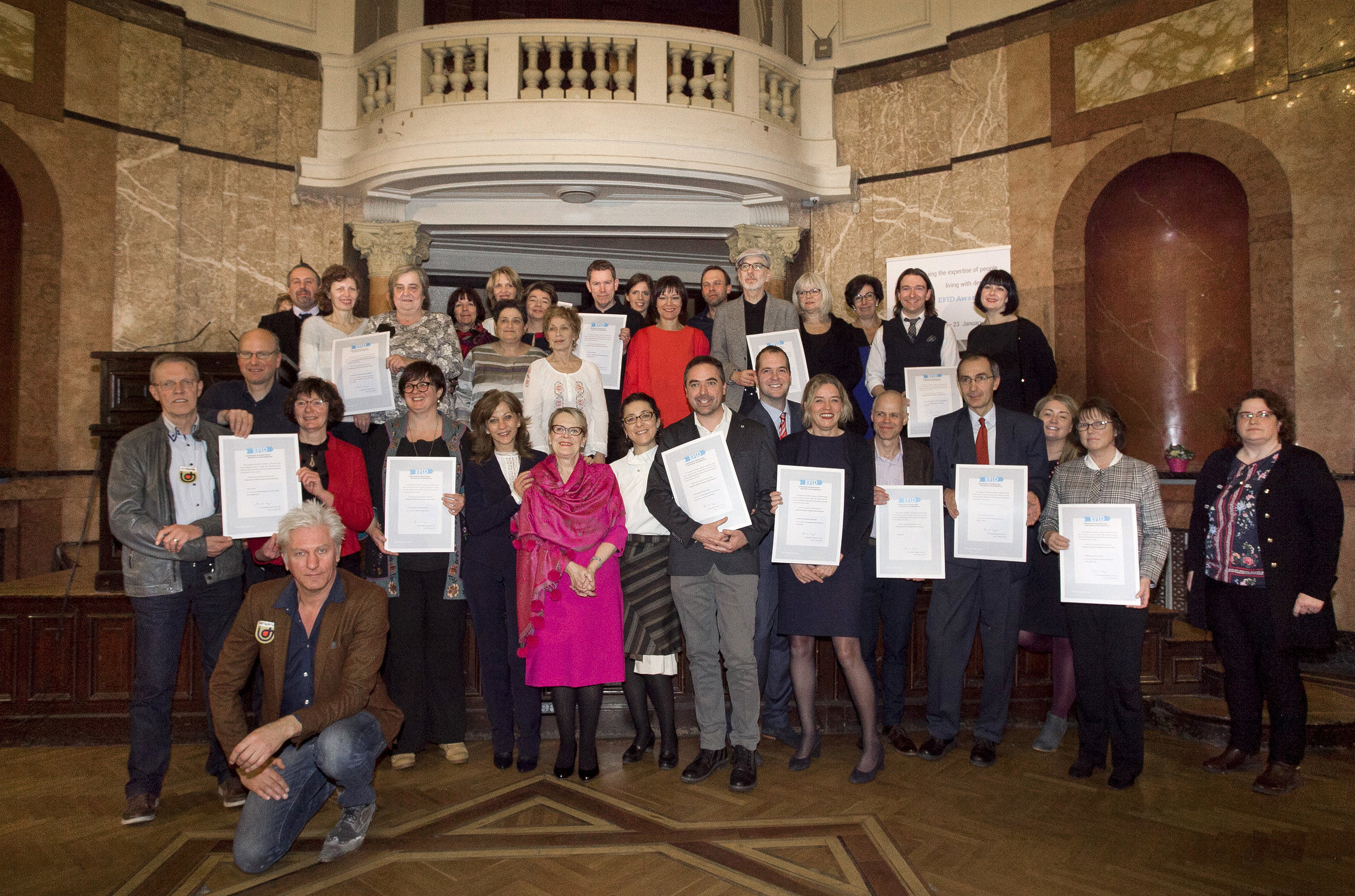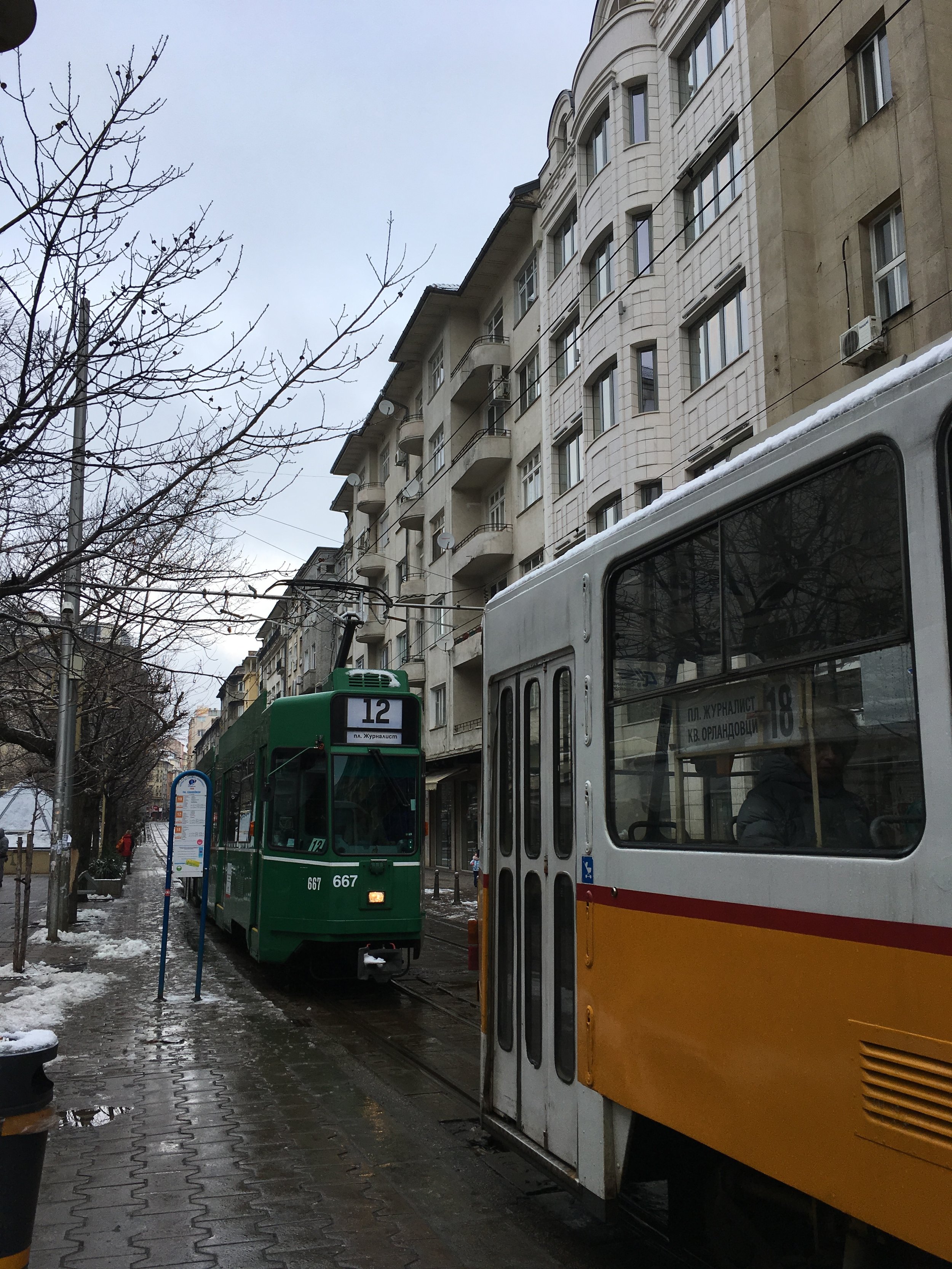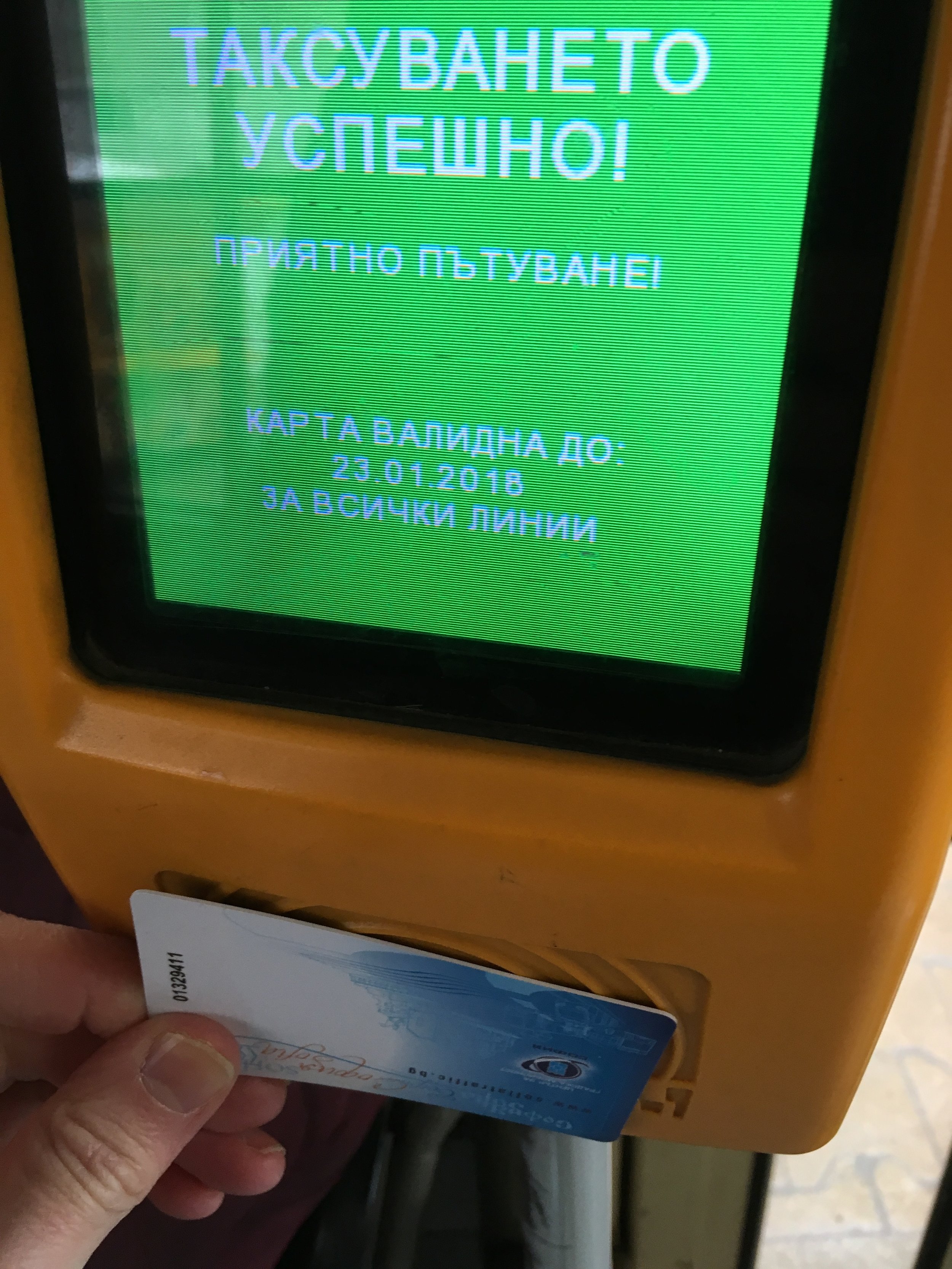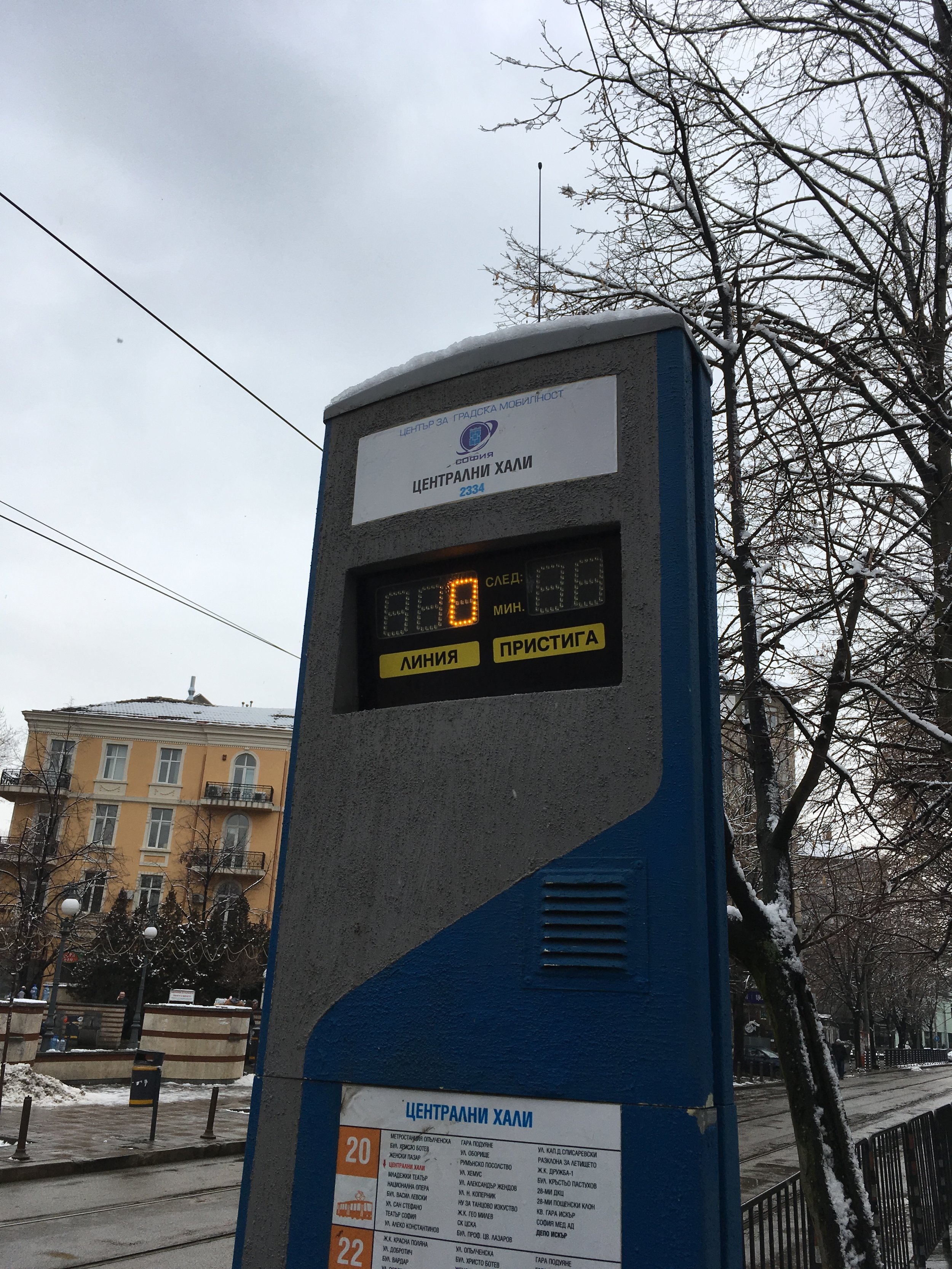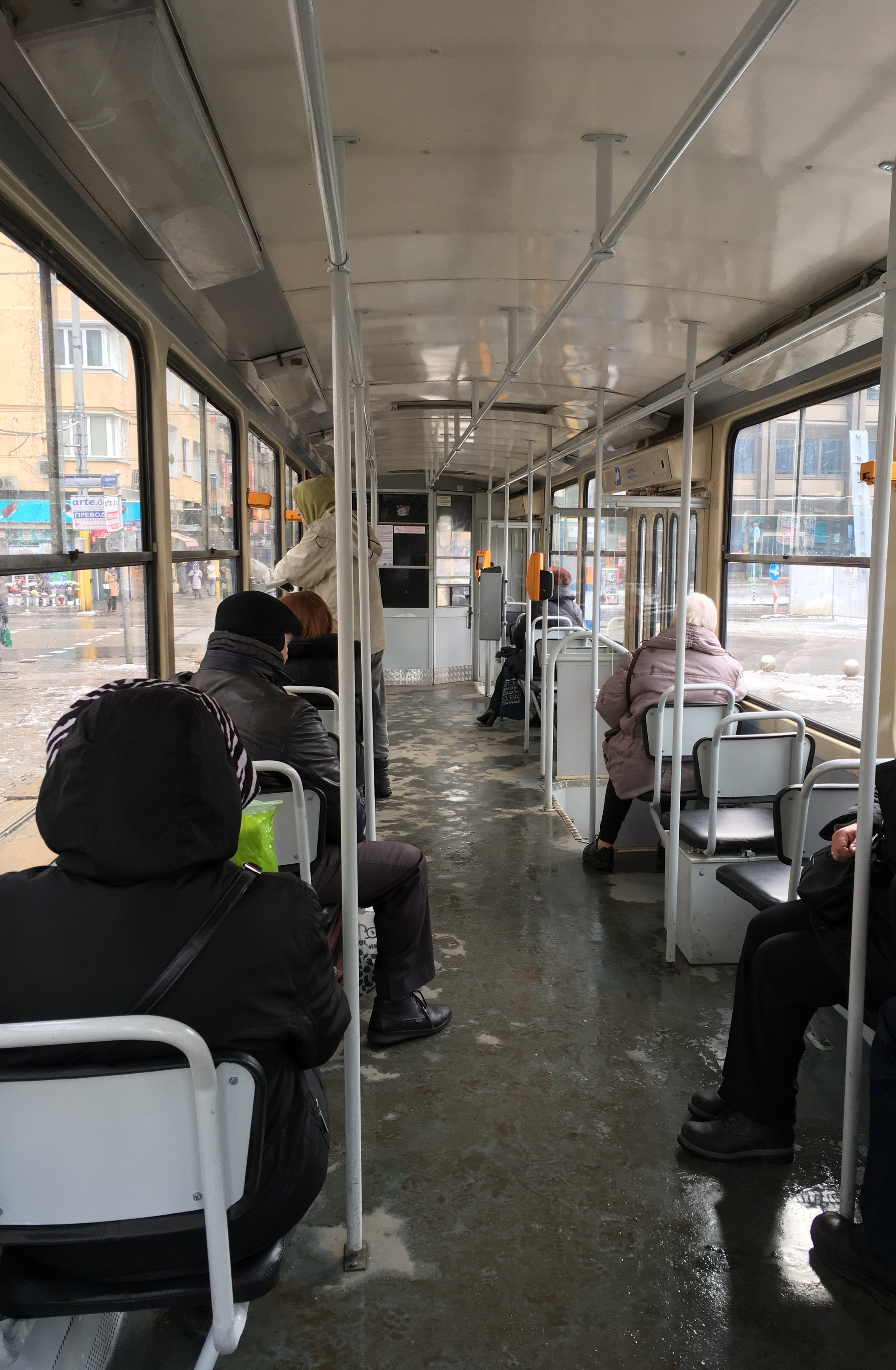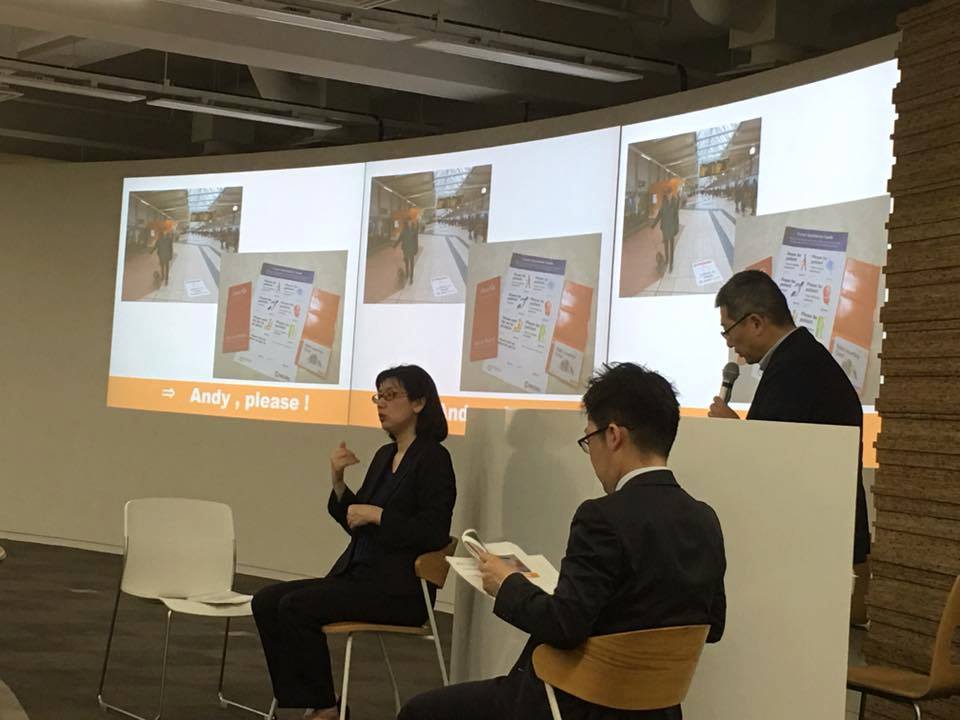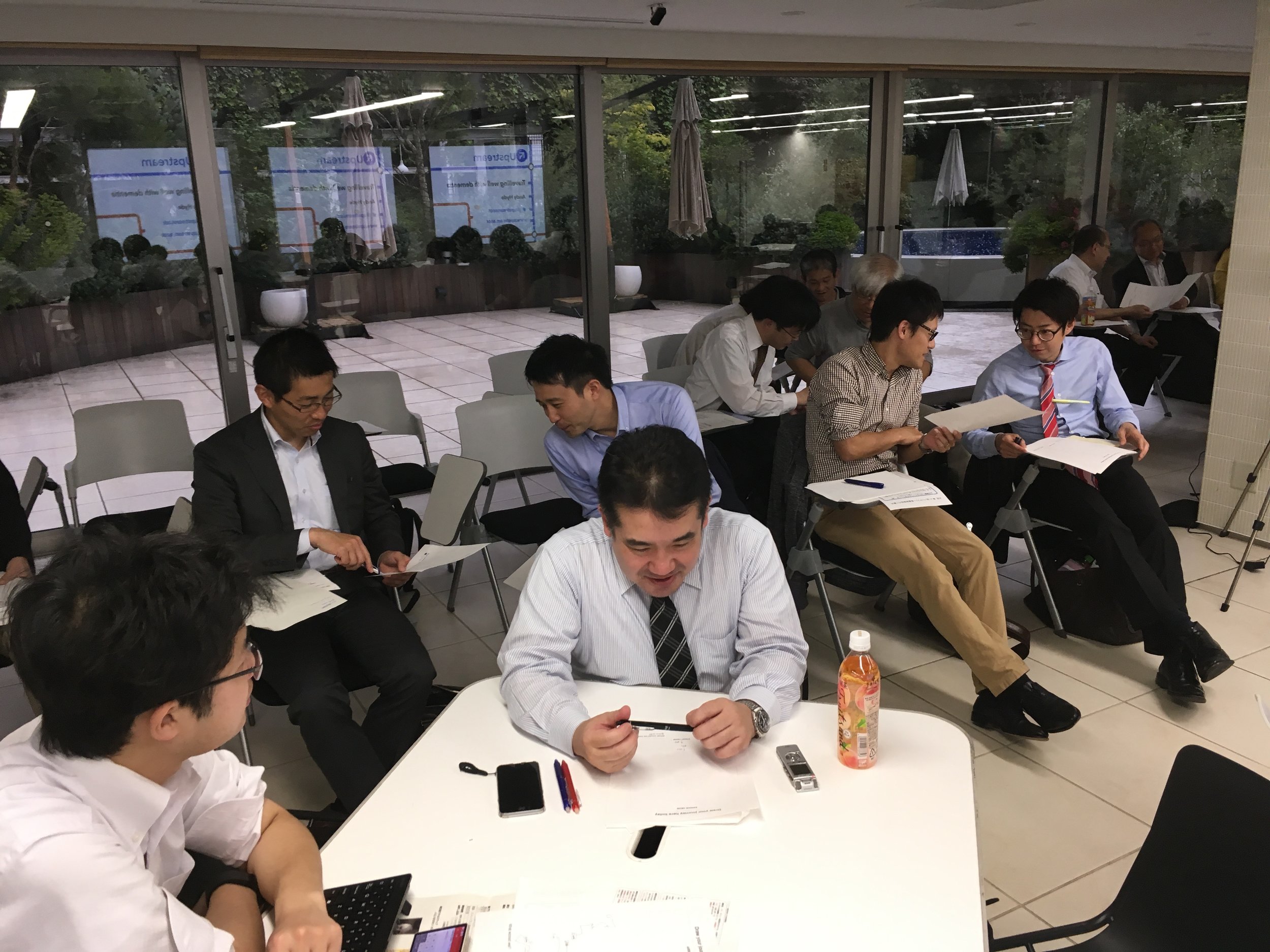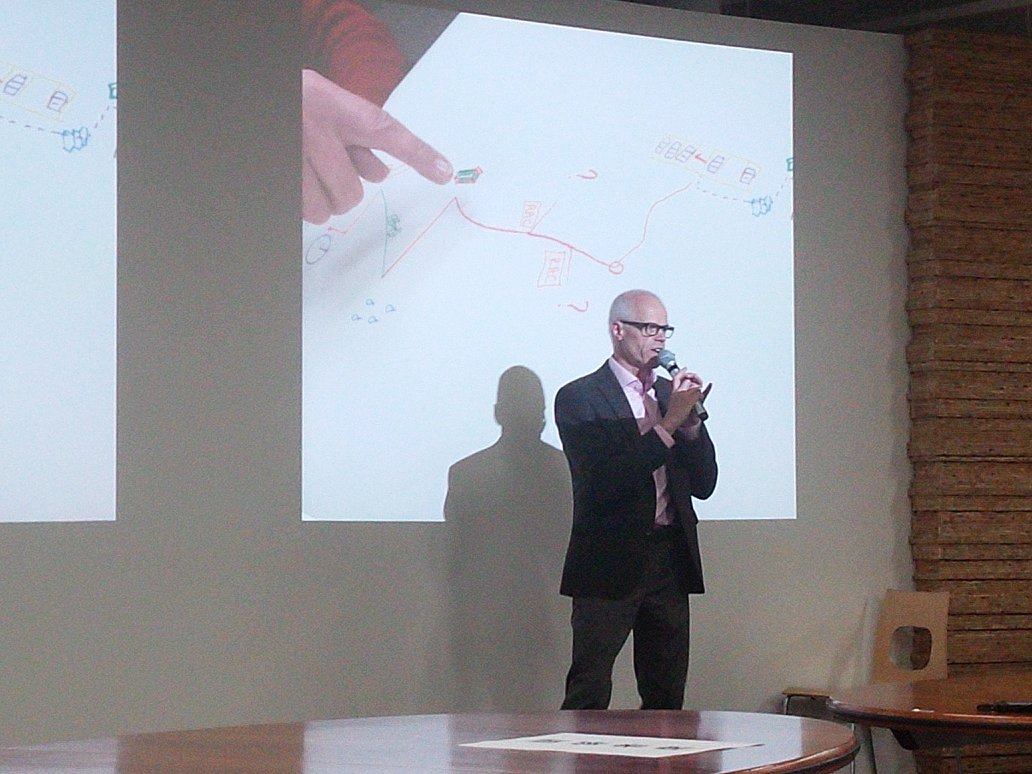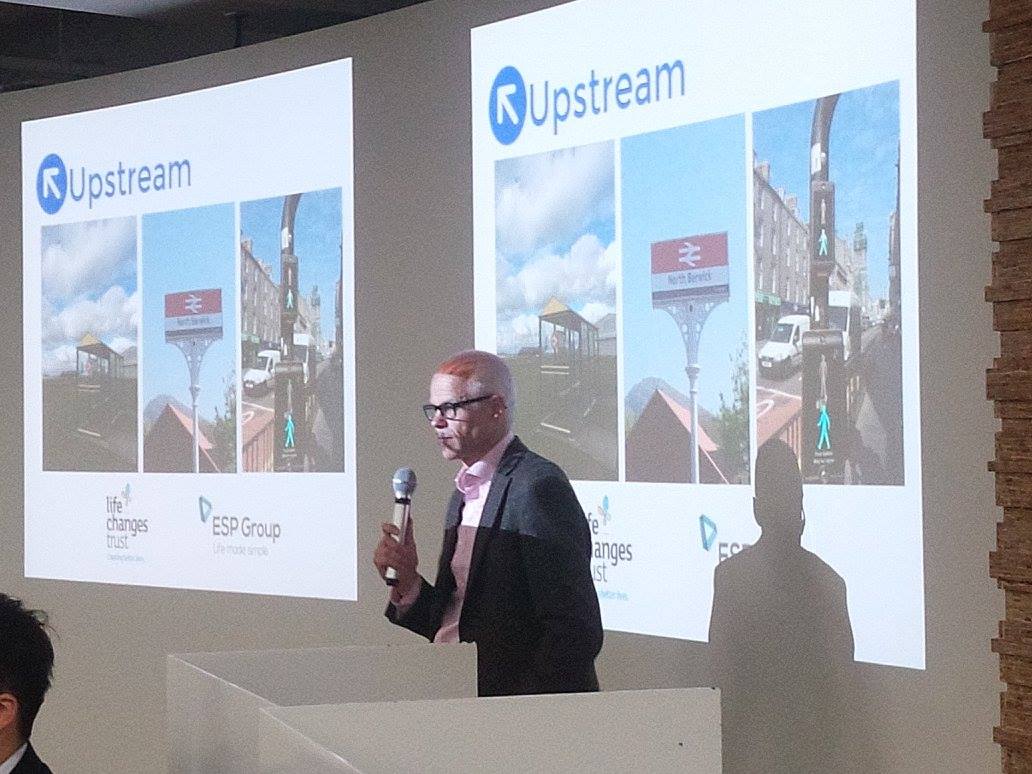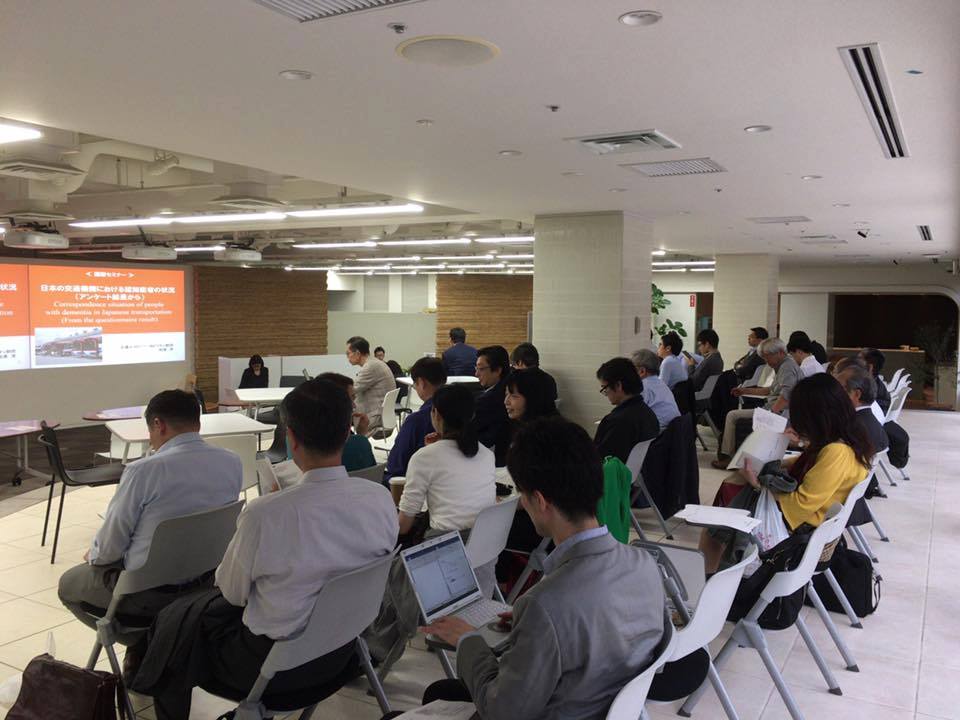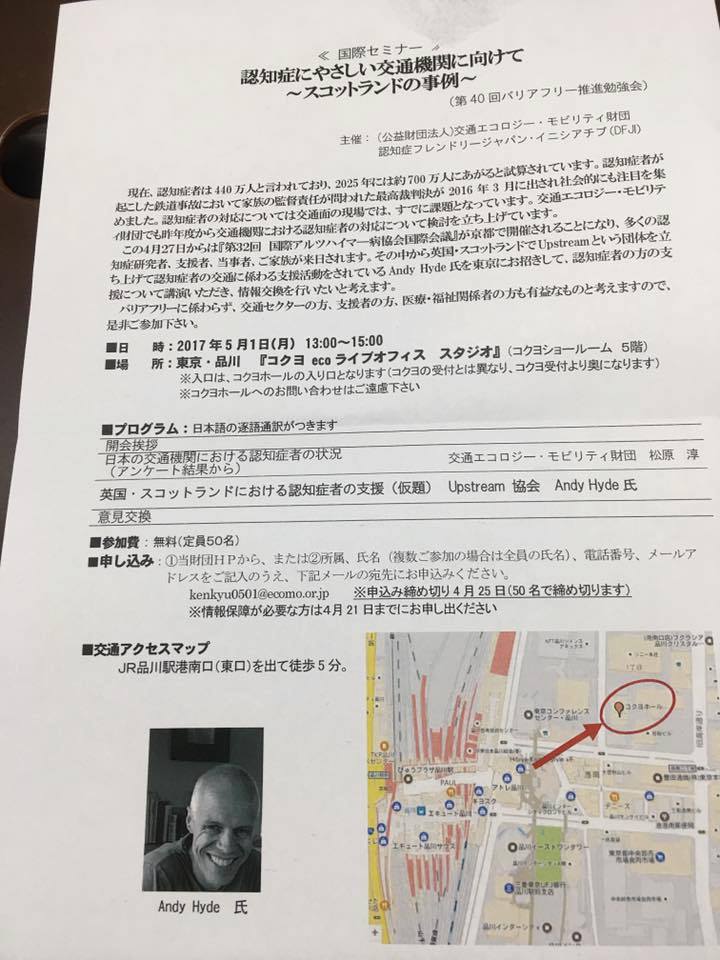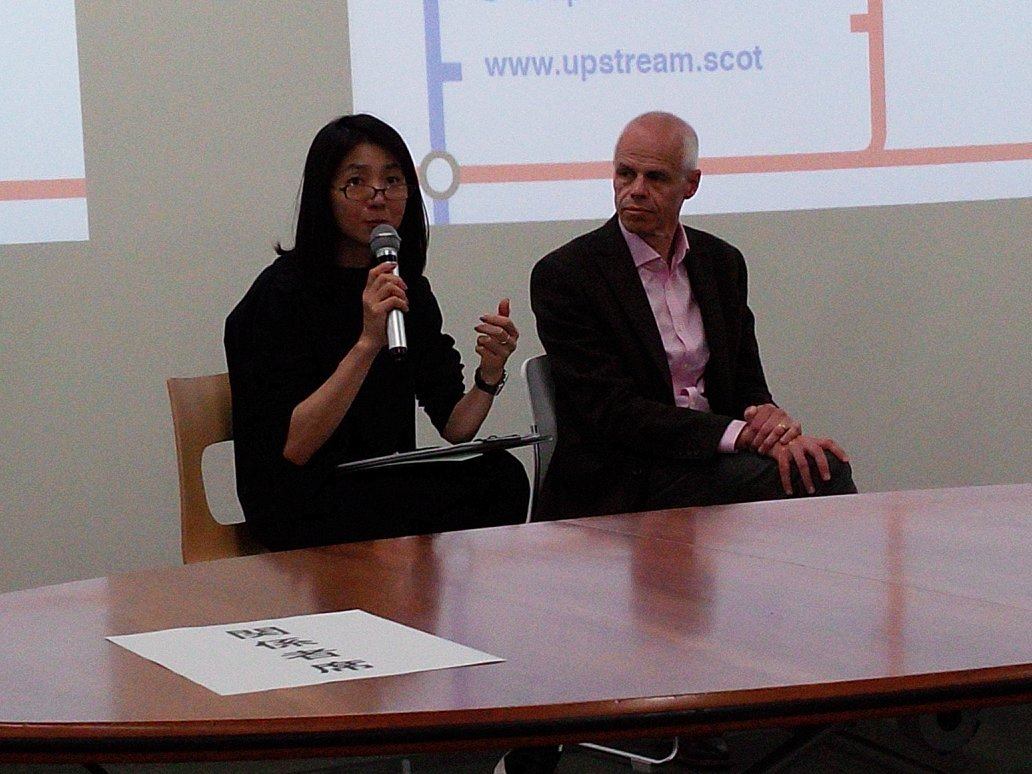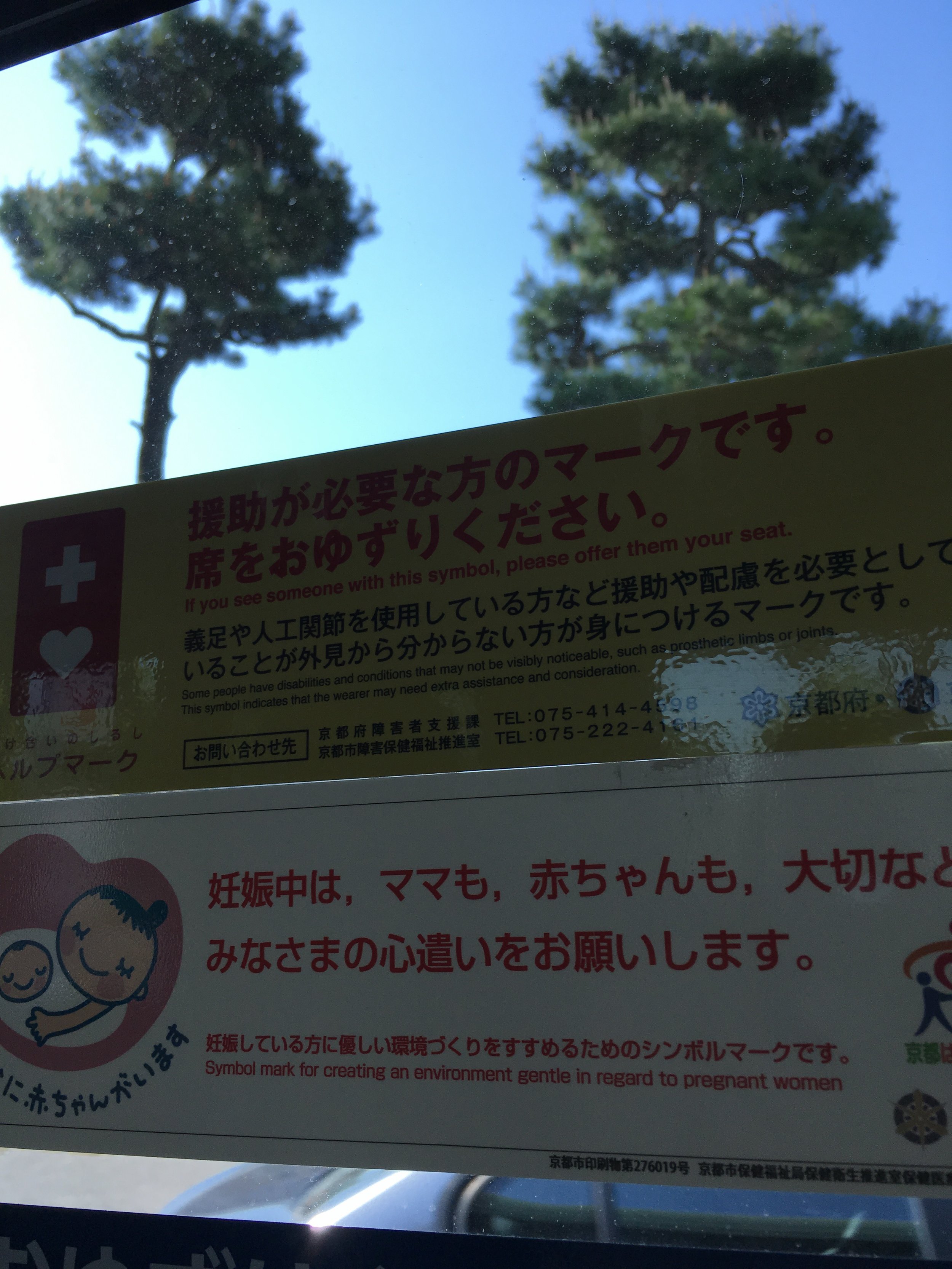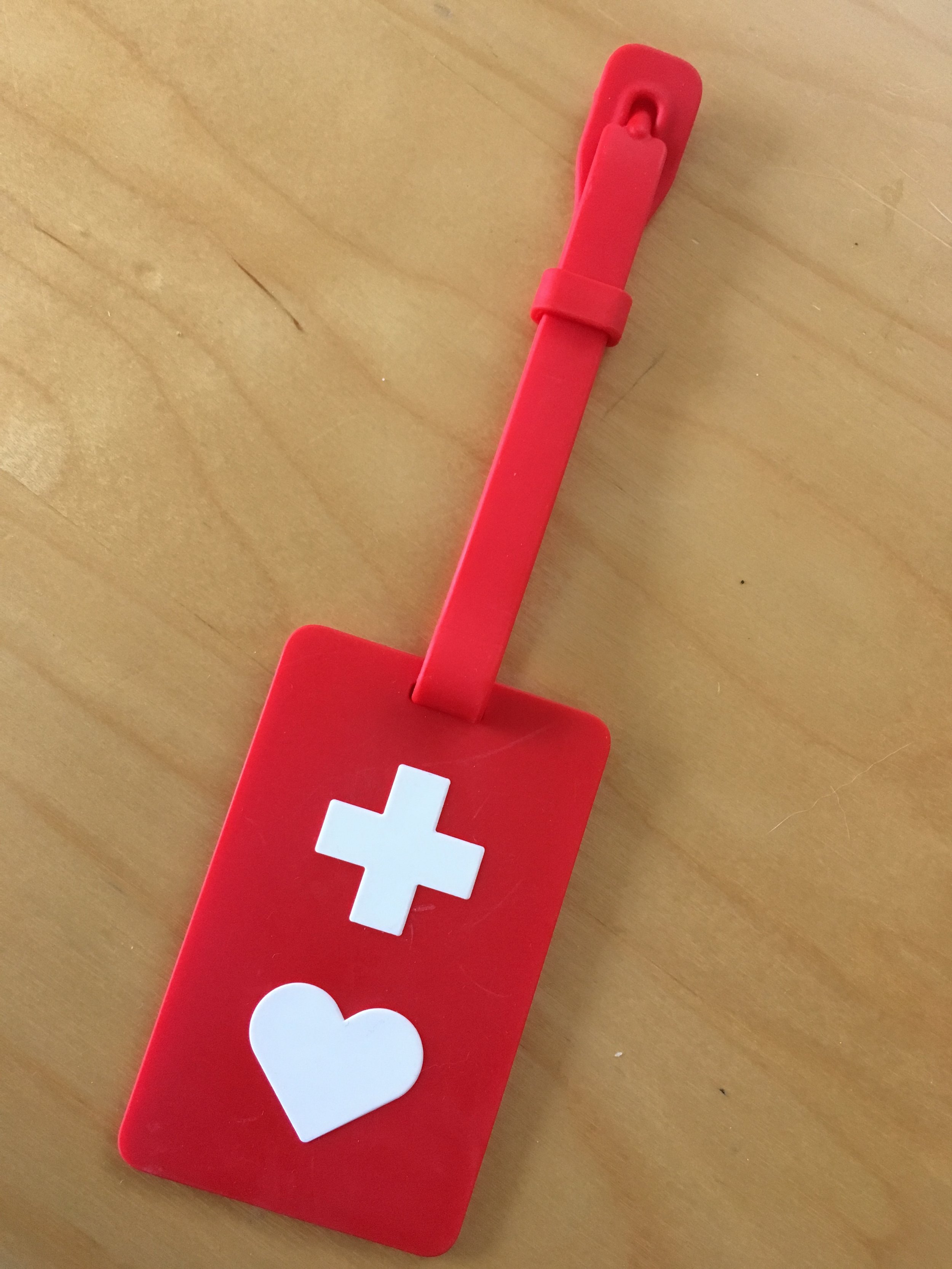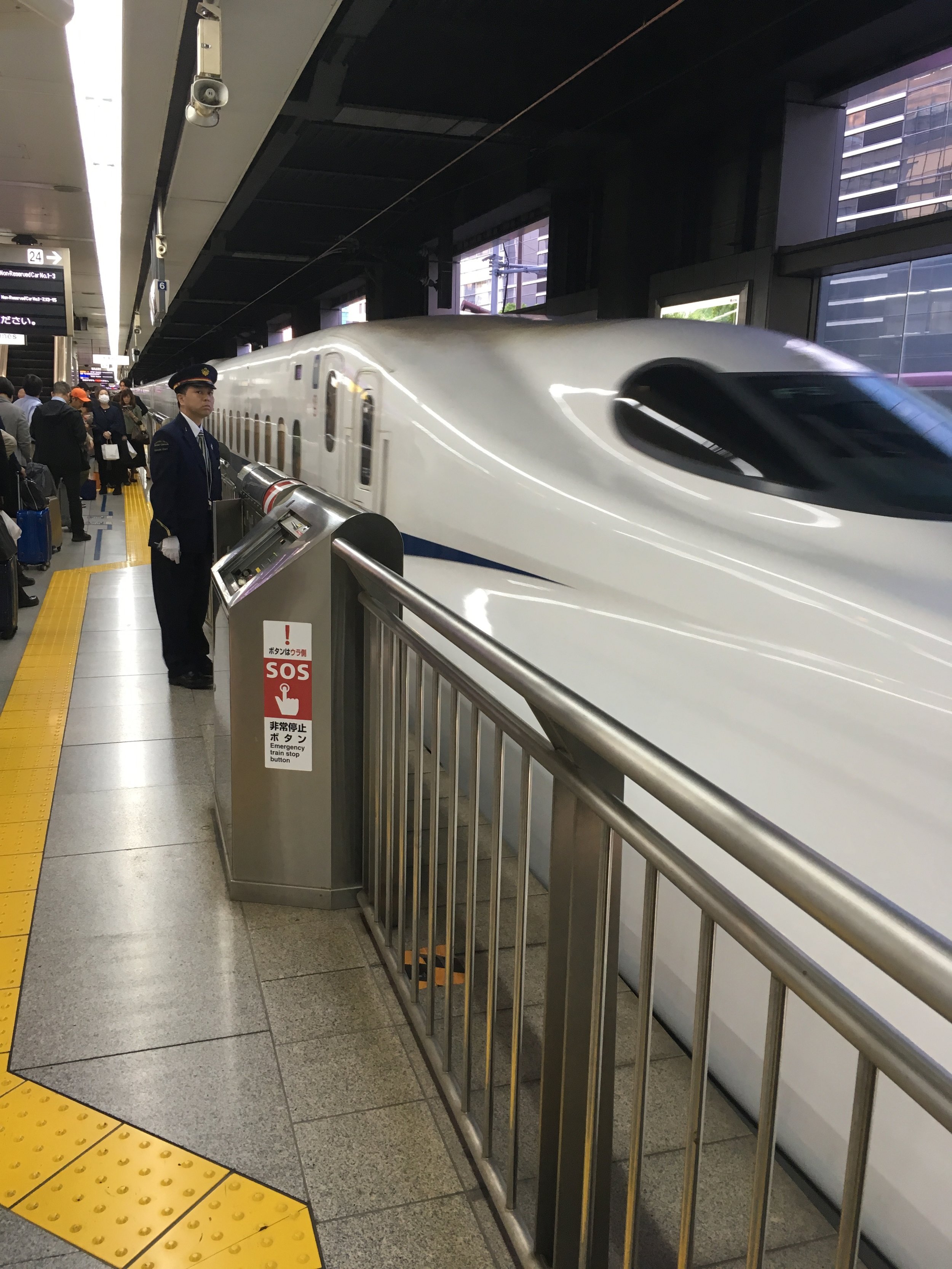So many stories
/We've been talking toilets. Toilets and journeys.
Who knew there would be so many stories, so many views and so much energy in the room? Both rooms actually, at the Sports Village in Aberdeen and the Thistle Foundation in Edinburgh.
Two groups of people representing a range of disabilities - dementia, spinal injuries, muscular dystrophy, learning disabilities and more - all sharing experiences and ideas.
We considered what we already know and shared some stories. We talked about design and signage, sinks and taps, floors and lights. But importantly we talked about how the experience makes us feel too - when we have to ask for a code to simply get into the toilet or when the only option is to use a dirty floor to change our child.
It was important to witness these stories, to gather together as like-minded groups of people, supporting each other to talk openly about something that all of us, including you, need on a regular basis. We were also designing the research methods together.
We haven't even started taking journeys yet but the groups had so many experiences and challenges to share:
- finding the right change if you to have to pay
- the sensory impact of noisy hand dryers
- multiple, confusing tap designs
- no toilet roll
- difficult spaces to navigate, often with no exit sign
If these don't seem like a big deal, consider the additional pressures of navigating busy transport hubs (perhaps in a wheelchair), working out the different rules in different places, raised anxiety levels, buying the right ticket, getting to the bus on time... all when needing to use the toilet, and needing it now!
As ever, it’s always good to actually do something instead of just talking about it – so Mark and Tom came along from Scotland’s Urban Past to give us some pointers on taking photos and recording our experiences. This was really valuable – we tried taking pictures of toilets at the venues and wrote down what we saw and how it made us feel. This will help us to design the method we all use on the research journeys.
One participant noted that they noticed a strength in working and noticing together – we get so used to thinking of our own needs, it’s good to hear the needs and thoughts of others.
We need to describe the impact that unsuitable or inaccessible toilets have on our journeys. As Paula Sherriff MP said in Parliament recently, just putting the label 'accessible' on a toilet doesn’t mean it’s suitable.
So, what next? We have some people on board as co-researchers, keen to take journeys and record their experiences of finding and using toilets along the way. More plans to make and then the journeys begin...




